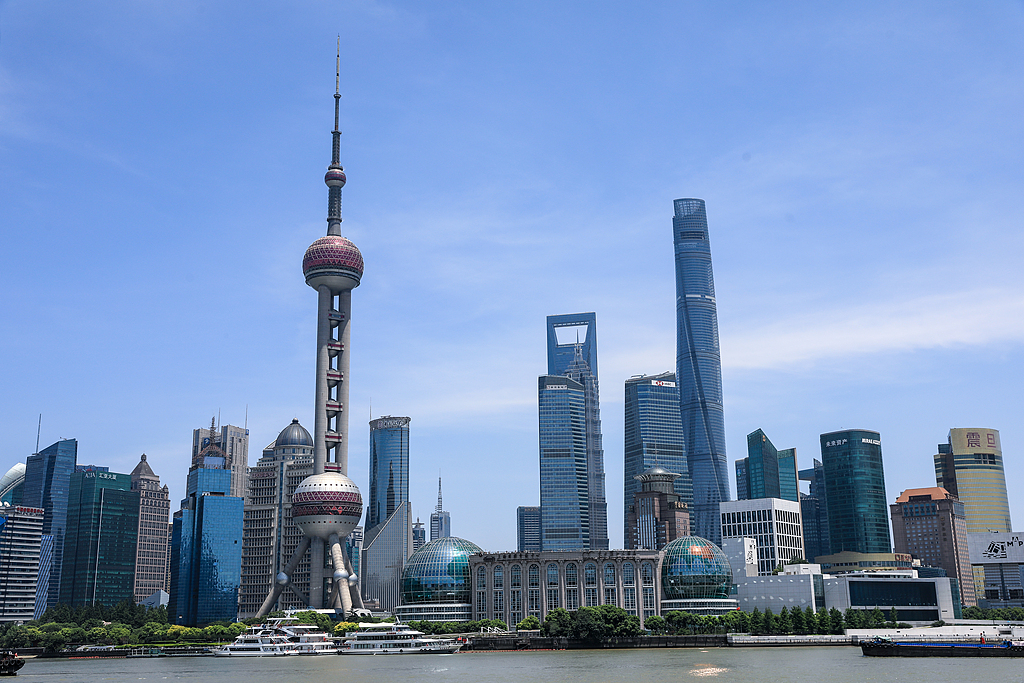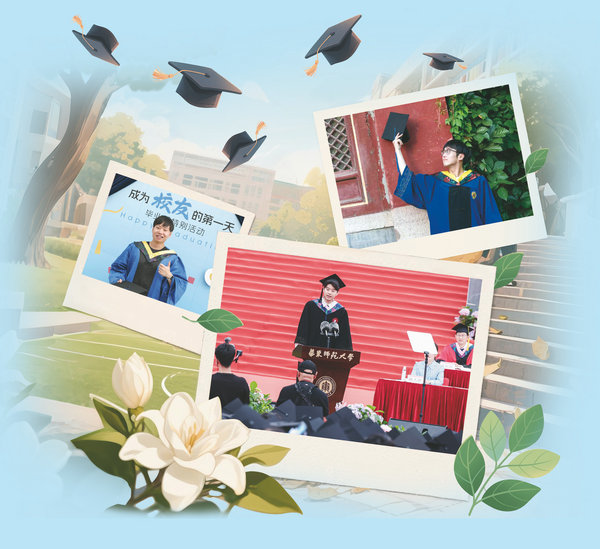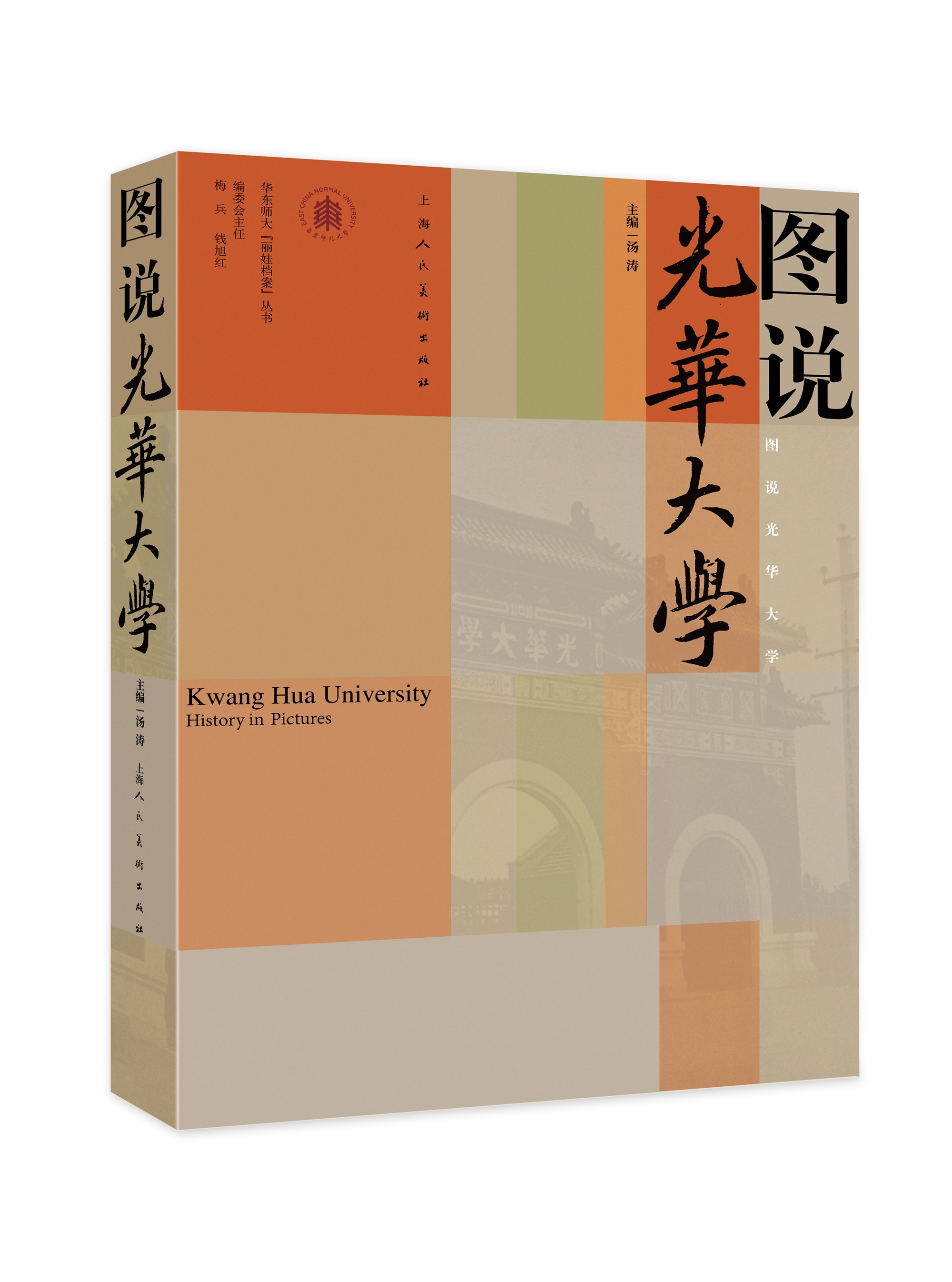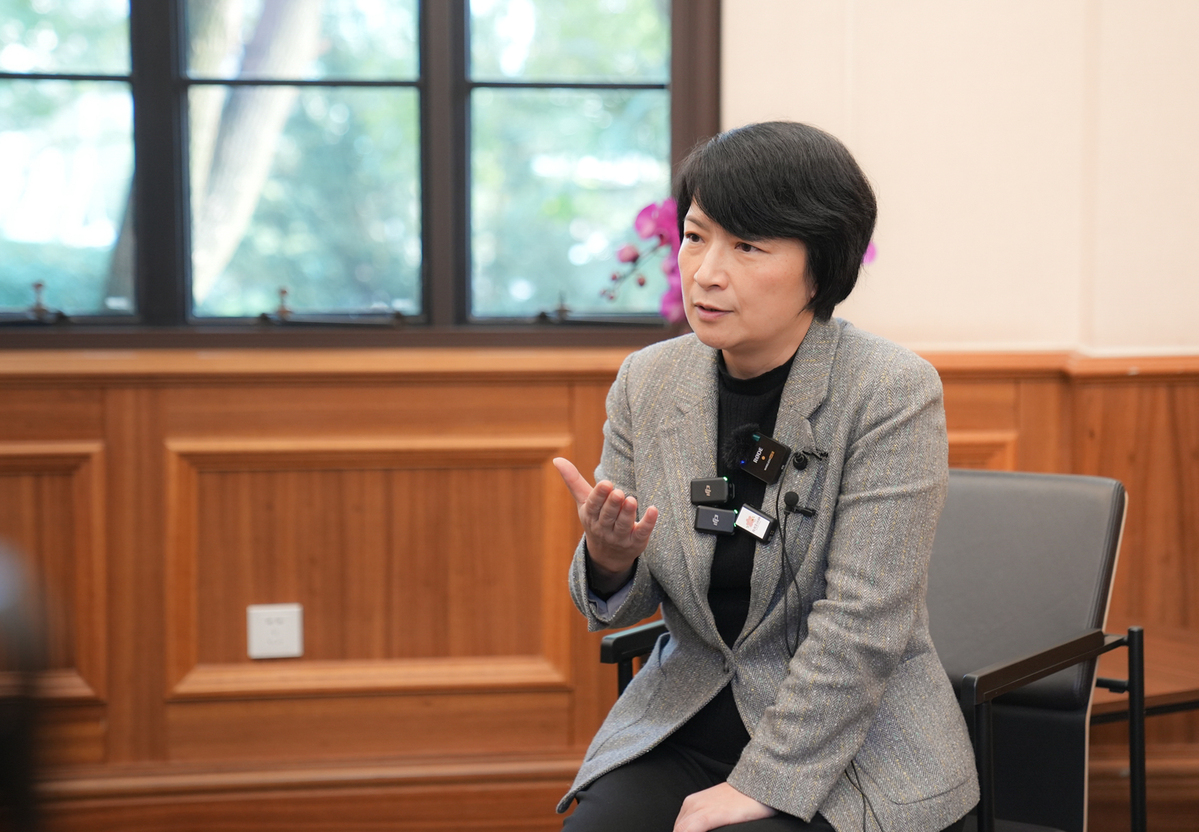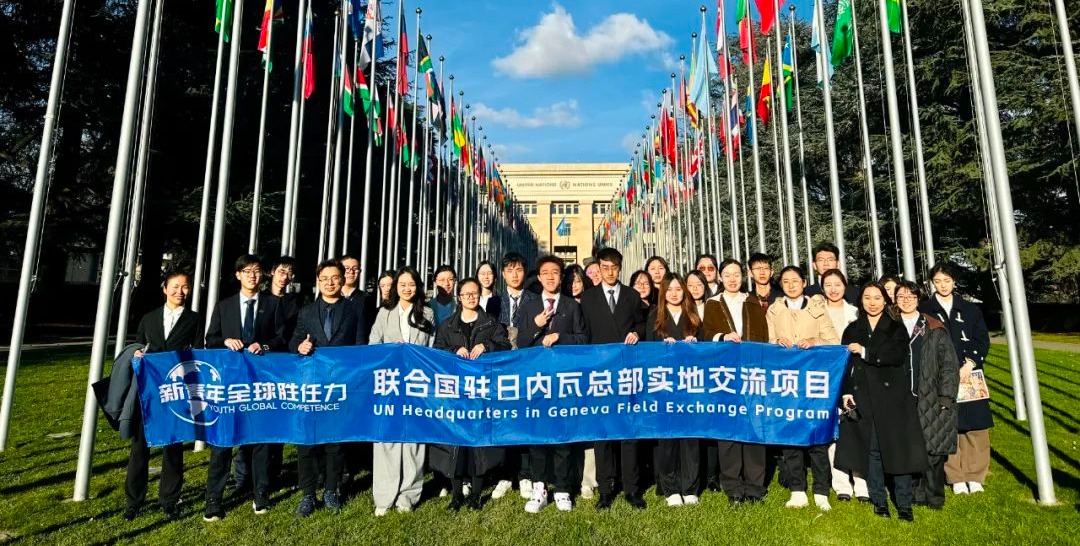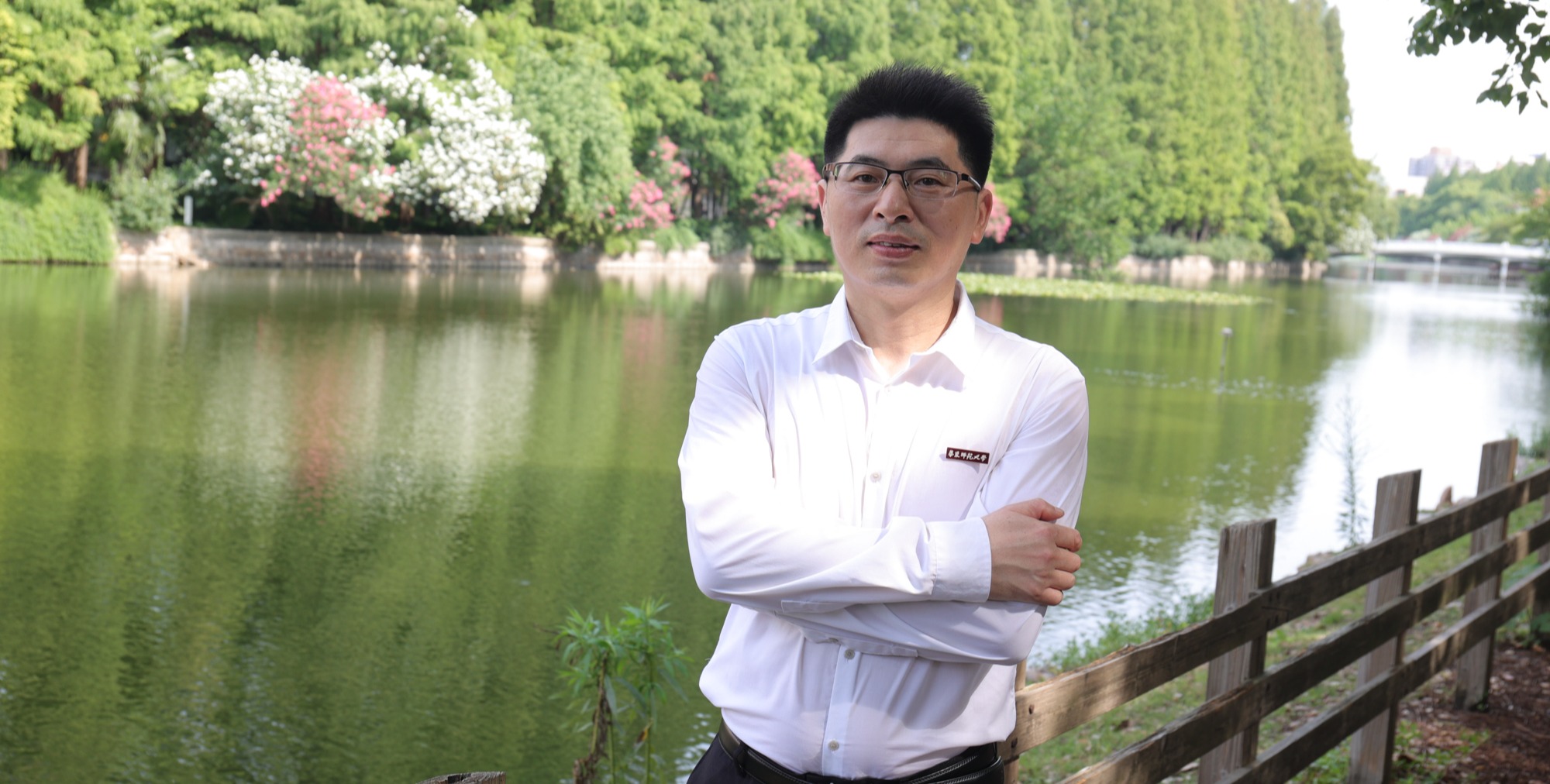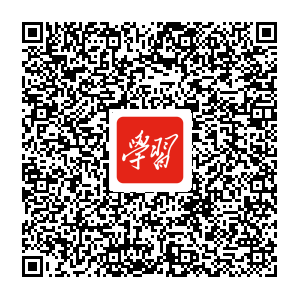
On the invitation of Education Research Institute of University of Tokyo, our vice secretary Luo Guozhen, dean of Educational Science Ding Gang, Professor of Department of Education Wu Zunmin and 2 doctor students had visited the University of Tokyo successfully from July 18 to 20, and delivered 2 brilliant academic lectures, one of which was for the doctor forum held by our School of Educational Science and Education Research Institute of University of Tokyo, the other titled “Dialogue on Education Reform in Japan and China: the Pursuit for Quality”. The latter was held by our dean of School of Educational Science, Ding Gang and chairman of the Education Ministry of University of Tokyo, Kaneko Motoshisa, during which vice Secretary Luo made a speech at first. He thought that the communication and dialogue among the educational scholars from China and Japan this time created a good chance for the cooperation between our 2 universities. He expected that the educators from China and Japan could go deep into making contributions to the development of each country’s education.
During this forum, chairman of Japanese Education Academy, Professor of University of Tokyo, Sato Manabu, on behalf of University of Tokyo, gave a report titled “Dialogue on Education Reform in Japan and China: the Pursuit for Quality” on a fundamental investigation. Professor Sato pointed out that if there were no contact and dialogue with the Chinese society and its educational circles, they could not have true understanding of the Japanese society and its education, and vice versa. Then this academic communication between our 2 universities had built substantial basis for Sino-Japanese education dialogue mechanism.
After Professor Sato’s report in the morning, dean Ding Gang, on behalf of our university, gave a report titled “Cultural Explanation of the Professional Development of Teachers in China” in the afternoon at first. The report began with the international comparison and contrast and the practice of the professional development. Through speculation to open class and classroom, teaching and research institution, cooperation among teachers from different subjects under intra-university organization structure and so on, he analyzed and explained in a cultural perspective. He pointed out, “open class would have practical influence on classroom teaching only when we re-evaluate its effects in a Watching Class and Teacher Cooperation cultural view, in particular, when we consider it as means and a dynamic force for the development of the teacher profession”. Many experts and scholars present agreed with dean Ding’s view. Professor Akita Kiyomi and Professor Kojima Kiyoshi of University of Tokyo made comments on “how to improve education quality” on dean Ding’s report in 2 different perspectives – education system and education reform respectively, and both of them praised Ding’s report highly.
In the latter half of the lecture, our doctor supervisor, Professor Wu Zunmin delivered a report titled “Of the Pursuit for the Fairness of Education and Selecting Schools”. Professor Makino Atsushi and Professor Katsuno Masaaki of University of Tokyo made comments on it and praised it positively.
In the lecture, Professor Imai Yasuo and Professor Kodama Sigeo gave brilliant reports on Current Situation of ‘Post-cold-war Education’ in Japan and Public Nature in the Education for the Residents of a City respectively.
The academic communication and lectures held this time made ice-breaking fundamental influence on promoting communications among the experts and scholars from the 2 universities. And the friendly cooperation agreements between the Education Ministry of University of Tokyo and our School of Educational Science are going to be signed in October this autumn. It fully proves that our research capacity in the field of educational science leaps forward into the advanced community in the world. The research on education is a turning point, which indicates the cooperation and academic communication between University of Tokyo and our university will step into a new historic epoch.
